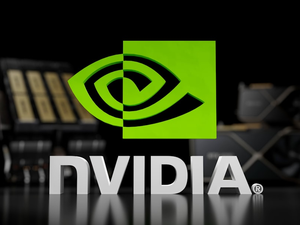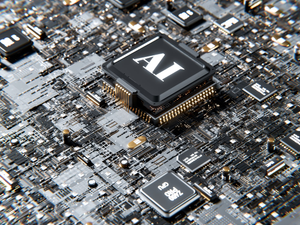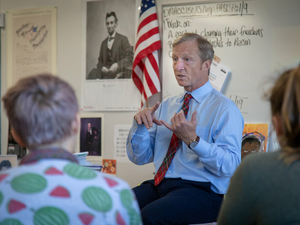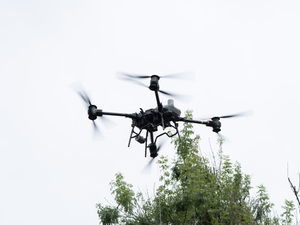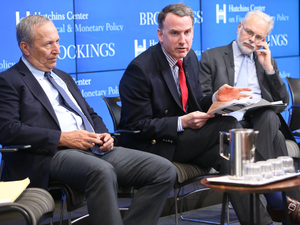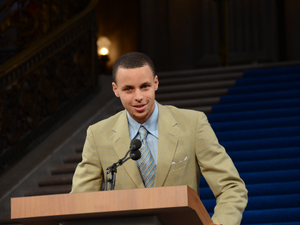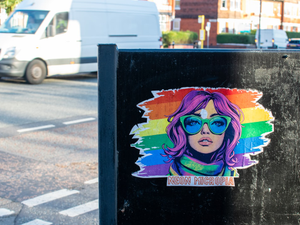OpenAI's Staggering Valuation: Is the AI Bubble About to Burst?

Photo by Mariia Shalabaieva on Unsplash
Silicon Valley is buzzing with the latest tech news: OpenAI has skyrocketed to a jaw-dropping $500 billion valuation, potentially becoming the world’s most valuable startup.
In a bold move that signals massive confidence in artificial intelligence, current and former OpenAI employees sold $6.6 billion in shares to a group of high-profile investors including Thrive Capital, Dragoneer Investment Group, T. Rowe Price, SoftBank, and MGX.
The astronomical valuation comes with significant complexity. OpenAI, which began as a nonprofit research lab in 2015, has transformed into a powerhouse of generative AI technology, most famously known for ChatGPT. However, the company isn’t yet profitable, raising questions about the sustainability of its growth.
CEO Sam Altman remains optimistic, acknowledging potential volatility while maintaining unwavering belief in AI’s transformative potential. “Between the ten years we’ve already been operating and the many decades ahead of us, there will be booms and busts,” Altman stated, suggesting that short-term fluctuations are inevitable in this rapidly evolving technological landscape.
Recent developments underscore OpenAI’s ambitious expansion. The company launched partnerships with Etsy and Shopify for online shopping integration and introduced Sora, a new social media app for generating and sharing AI videos. These strategic moves demonstrate OpenAI’s commitment to diversifying its technological footprint.
Interestingly, despite its massive valuation, OpenAI’s for-profit subsidiary remains technically controlled by its nonprofit board, maintaining a unique organizational structure committed to its original charitable purpose.
As tech giants like Meta continue aggressive AI recruitment and investment, OpenAI is positioning itself as a critical player in the artificial intelligence revolution. The company has recently established significant partnerships with Oracle, SoftBank, and Nvidia, while simultaneously reducing its dependence on Microsoft.
With regulatory scrutiny from California and Delaware’s attorneys general and ongoing discussions about corporate structure, OpenAI’s journey represents a fascinating case study in the intersection of technological innovation, corporate strategy, and ethical considerations.
AUTHOR: mp
SOURCE: AP News

